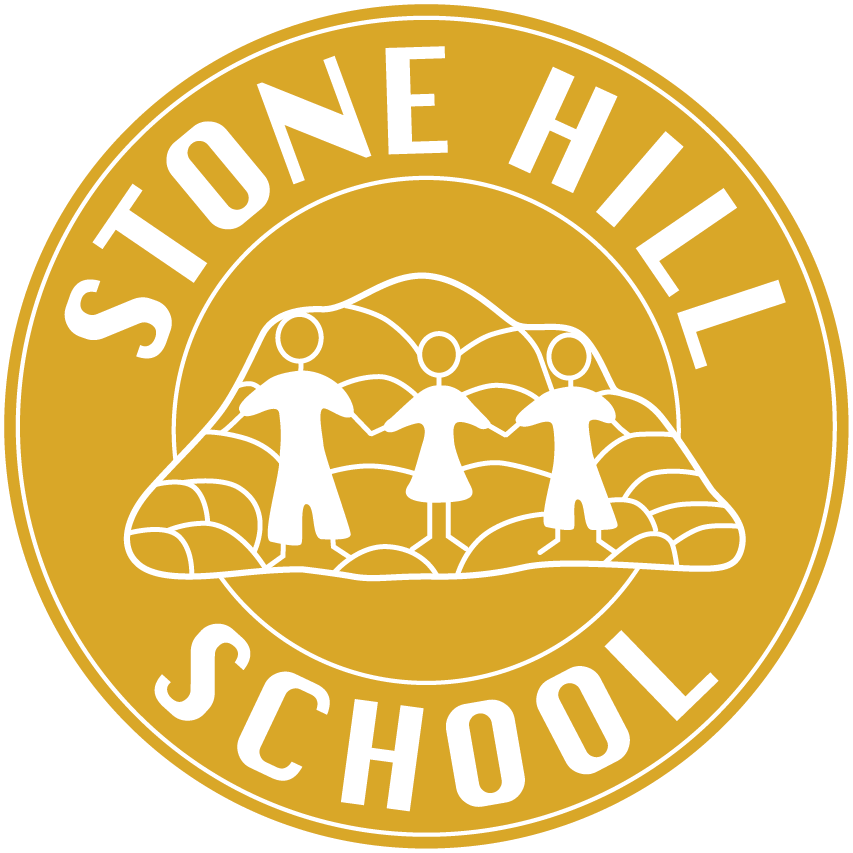Numeracy
Our Mathematics curriculum aims to ensure that all pupils become confident mathematicians, who can solve real life problems and reach their full potential. The curriculum is based on the Maths Mastery principles. Pupils are encouraged to build their fluency by securing their knowledge of mathematical facts and models, and then use this understanding to solve a wide range of problems.
Our curriculum is structured into three main stages.
1. Firm Foundations: Pupils in Years 1 – 4 secure their understanding of number and place value up to 20. They participate in a range of short, practical activities that develop their play and social skills alongside key mathematical concepts. Assessment at this level is largely collected from practical activities and is moderated periodically in whole school meetings and through subject leader work scrutiny.
2. The National Curriculum: Pupils in Years 5 – 9 access the national curriculum through a mastery approach. Over the first half of the year, they progressively develop their understanding of number, calculation, geometry and fractions. The second half of the year revisits this knowledge through time, money and measure contexts. Assessment at this stage is mostly based on pupil work books and is moderated periodically in whole school meetings and through subject leader book scrutiny.
3. Key Stage 4 Qualifications: Pupils in Years 10 and 11 work towards Entry Level and Functional Skills qualifications. Pupils are set for mathematics which enables some Y11 pupils to begin their GCSE accreditation, if appropriate. Their curriculum moves further towards applying knowledge in reasoning and problem solving tasks; including organising events, learning about banking and budgeting, and also sitting exams where appropriate. Most qualification work is assessed by KS4 staff and the subject leader, and then moderated by external exam boards, although pupils accessing Functional Skills are required to sit a formal examination that is externally marked and graded.
4. Key Stage 5 Qualifications: Pupils in Post 16 have different qualification pathways. They work towards Entry Level, Functional Skills or GCSE qualifications. They also learn about banking and budgeting through a Prince’s Trust Unit (Managing Money).
Pupils will leave Stone Hill School and Post 16 with qualifications that will help them to access Further Education, the ‘World of Work’ and have the knowledge to support independent life skills. They will have experienced activities set in a wide variety of contexts, enabling them to develop their problem solving skills and resilience (Staying Positive). In addition, the interactive and practical nature of the curriculum will have helped them to develop teamwork, speaking and listening skills.
Mathematical skills are further embedded through the foundation subject curriculums, and the leaders of these subjects contribute to the assessment of pupils in areas such as measures, money and statistics. We also plan multiple opportunities for our pupils to use mathematics in real world situations through, for example, role play, enterprise projects and visits out of school.
Please click the link below to download the Maths Curriculum Map
Long term plans are available on request

